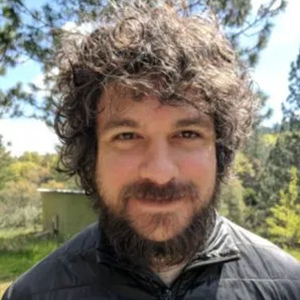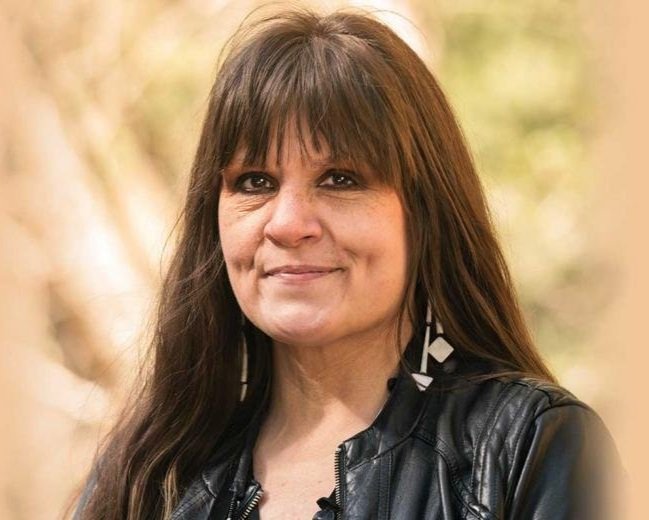PROJECT HIGHLIGHT:
This project aims to better understand and predict how environmental shifts will affect the Sierra Nevada headwaters streams and rivers that feed into California's Sacramento-San Joaquin Delta by combining environmental monitoring with traditional ecological knowledge from Indigenous peoples. The research team will analyze 25 years of water quality and biological data from multiple “Sentinel” stream sites that serve as indicators of overall stream health, while working closely with the Nevada City Rancheria Nisenan tribe to develop new models that can identify which waterways and tribal values are most vulnerable to changing conditions and help guide conservation efforts.
PROJECT SUMMARY:
California's Sacramento-San Joaquin Delta receives much of its water from streams and rivers that begin in the Sierra Nevada mountains. As environmental conditions affect these headwater streams through changes in temperature, runoff timing and precipitation patterns, scientists need better tools to understand and predict how this will impact both the streams themselves and the Delta system they feed into. This is particularly important for water management and ecosystem protection throughout the region.
This project will examine how these headwater streams respond to environmental shifts by analyzing 25 years of water quality and biological monitoring data from nine major river systems in the northern Sierra Nevada (McCloud, Upper Sacramento, Yuba, Feather, Bear, American Mokelumne, Stanislaus, and Kings Rivers.) The researchers will track environmental indicators such as water quality measurements and populations of benthic macroinvertebrates (small stream-bottom dwelling organisms), which can indicate changes in stream health over time. The project includes a collaboration with the Nevada City Rancheria Nisenan tribe to incorporate traditional ecological knowledge of these watersheds into the analysis.
The project aims to then use predictive models incorporating all of the above metrics to develop an interactive mapping tool that will help identify which streams are more susceptible to environmental impacts and which show greater resilience. This information can help inform decisions about water management, conservation and restoration efforts. By incorporating Indigenous cultural values, the project will create a fully integrated shared vision of the future of the Delta in a changing environment, including mapping which areas are most vulnerable and in need of conservation or restoration.
Associated Key Project Personnel and Partners:
Amber Amador (California Heritage: Indigenous Research Project)
Carrie Ammerman (Sierra Stream Institute)
Dave Herbst (Sierra Stream Institute)
Helen Fitanides (Sierra Stream Institute)
Jessica Herman (Sierra Stream Institute)
Mali Valerio (Sierra Stream Institute)
Melissa Grim (Sierra Stream Institute)
This project is funded by the Delta Stewardship Council Delta Science Program under Agreement No. DSC23000, and is administered by California Sea Grant.
 Jeff Lauder
Jeff Lauder
 Shelly Covert
Shelly Covert
 Aaron Zettler-Mann
Aaron Zettler-Mann
 Kristen Hein Strohm
Kristen Hein Strohm